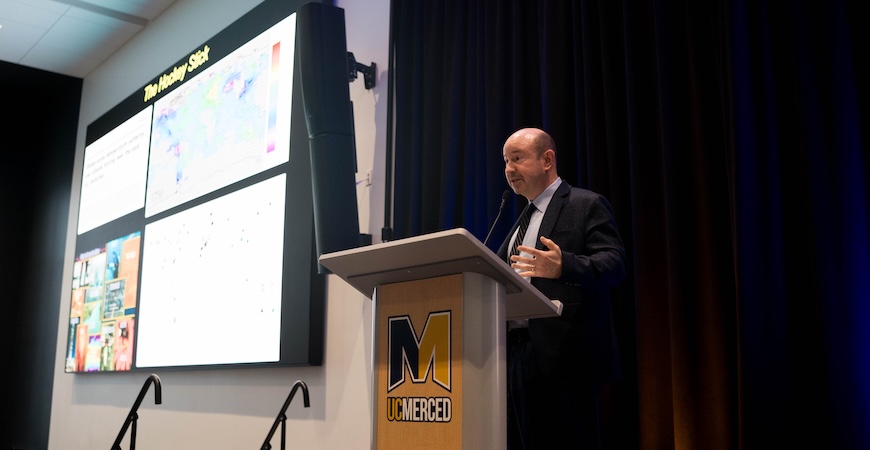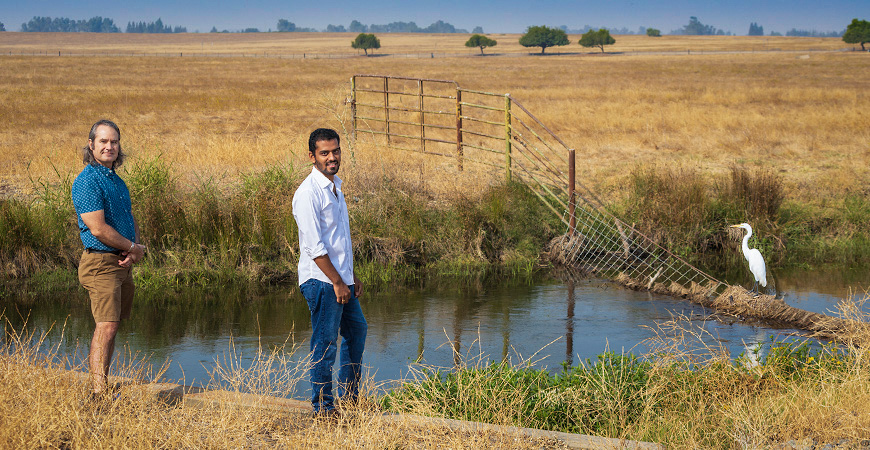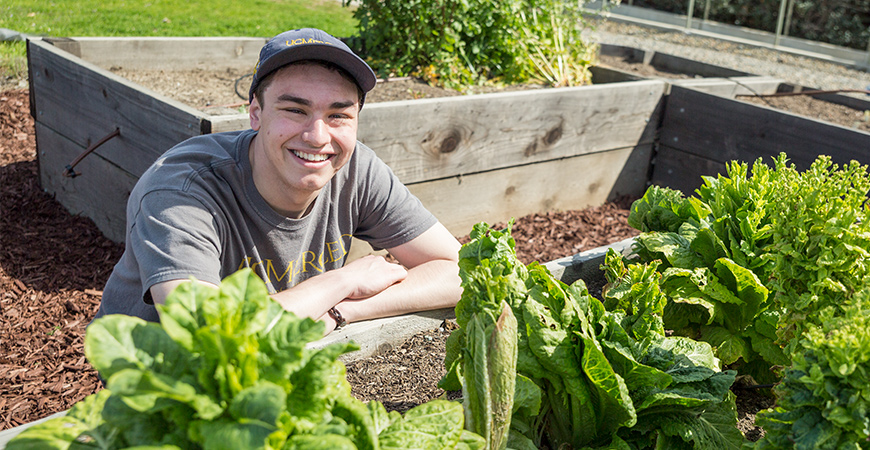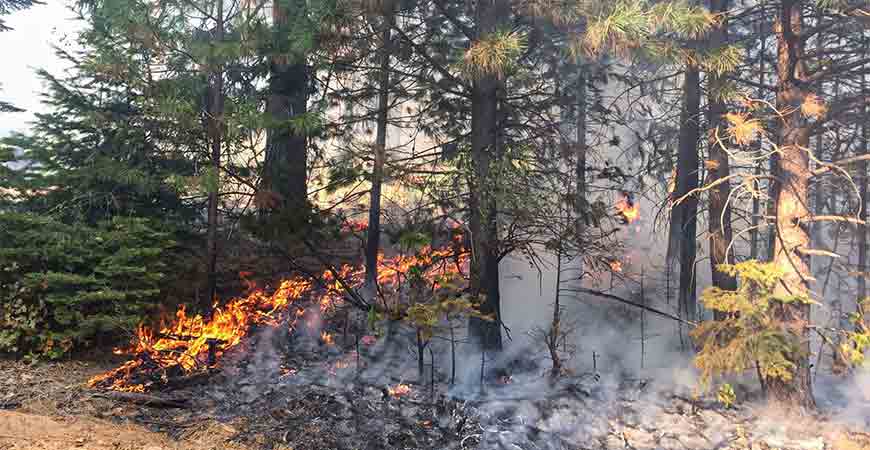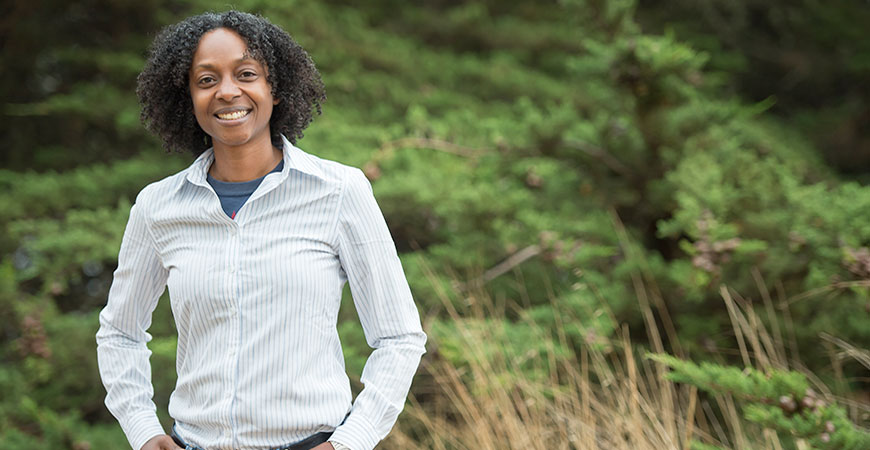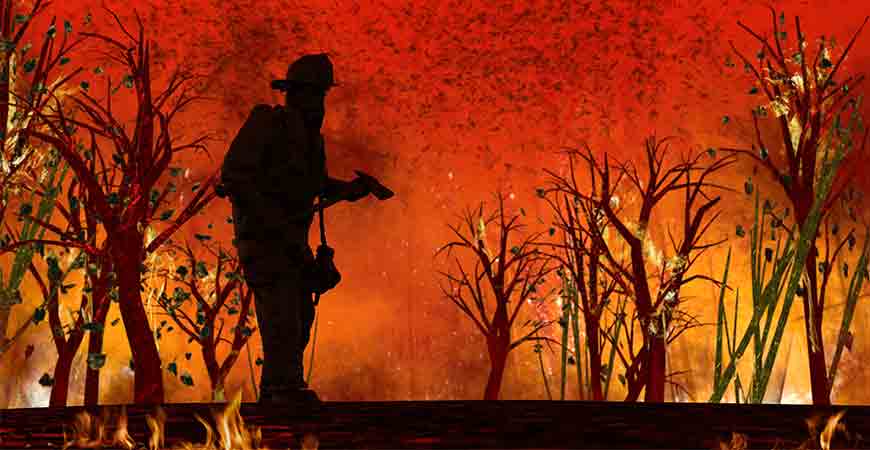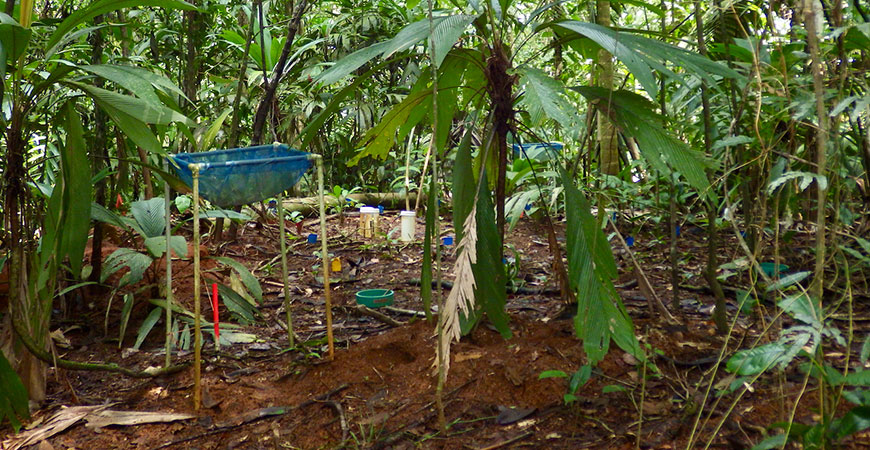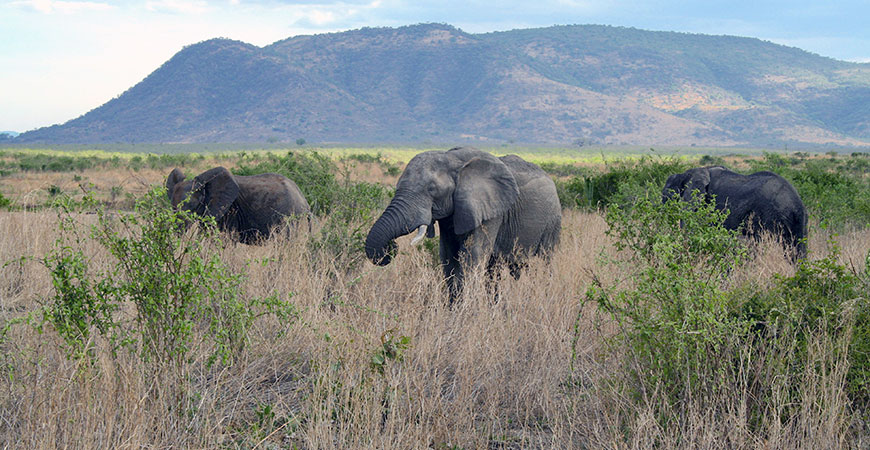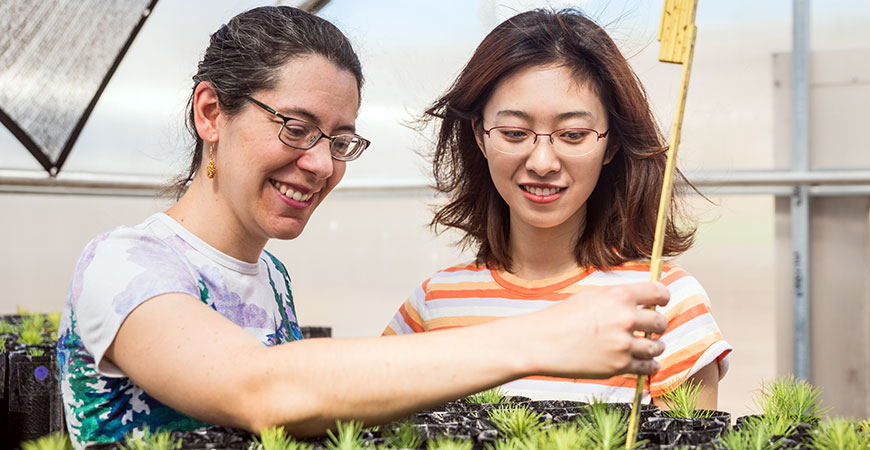The global climate crisis was entirely predictable and impacts nearly every facet of life. But we still can slow its progress and mitigate the effects we already see.
That was the message delivered earlier this month by climate scientist Michael Mann, who spoke at the first in a series of...

